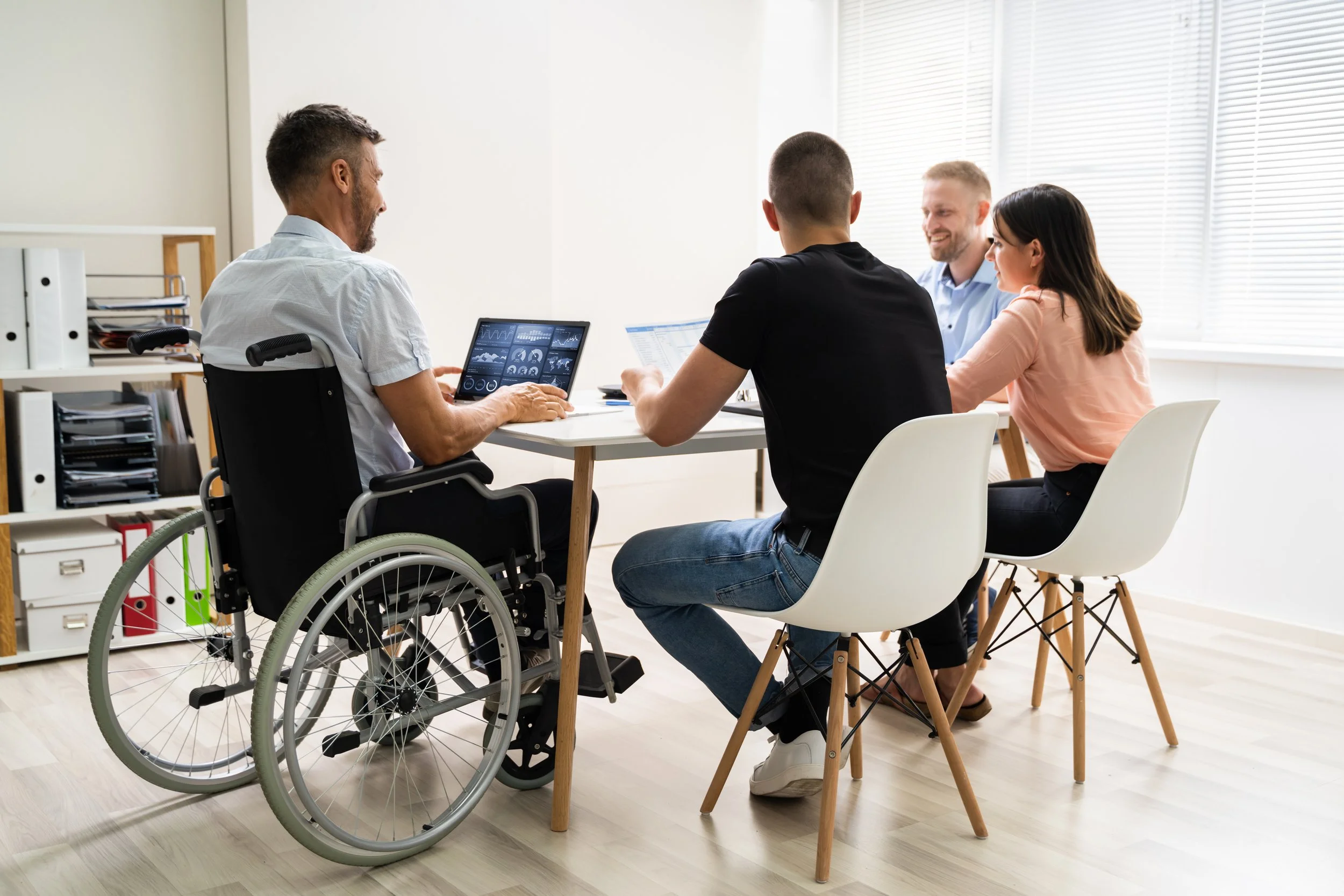Gail Zahtz Inspires Shift to Patient-Centered Value-Based Care: A Cancer Survivor's Call to Action
The 10th Annual HealthIMPACT Forum was held in New York on January 25th. The keynote speaker, Gail Zahtz, shared her personal story of surviving late-stage cancer and how it led her to become the CEO of WiseCare Heal. Her talk emphasized the need for healthcare leaders to make decisions that serve patients, providers, and the business of healthcare.
Gail called for a shift in the culture of healthcare organizations from selling a "service of sickness" to sharing responsibility for the health of entire populations. She stressed that to succeed in the shift from fee-for-service to value-based care, a change in culture is needed and healthcare organizations should partner with companies who sell and service solutions for providers.
Gail's story and call to action highlight the importance of making healthcare more patient-centered and the need for ongoing reform in the industry.
Secure the Future of Your Organization - Change Management
An unprecedented number of innovative technologies were deployed in response to the sudden need and rapid expansion of virtual health during the pandemic. Two years in and we have a strained healthcare system and a tired workforce. The need for ingenuity and effective change remains. Explore with us the cultural, practical, and paradigm shifts necessary to ensuring your organization not only recovers but thrives in this era of medical management modernization as we all emerge anew.
Optimizing the Digital Experience for the Disabled and Neurodiverse
The digital divide continues to result in inequitable healthcare and healthcare access — particularly for people with disabilities. Historically, people with disabilities have not been part of the conversation, let alone, involved in the development of healthcare technologies “from the ground up.” According to Dr. Brook Ellison, PhD, of Stony Brook University, it is estimated that 1 in 4 people either have short-term or long-term disabilities. People with disabilities often have complex medical and healthcare access needs that are not addressed.
Dr. Ellison, Valerie Mondelli of RevSpring, Kimberly Noel, MD MPH of 23andMe, and Jan Smith Reed of T-Base Communications, discuss how providing differently-enabled patients with bad technology effectively disables them, and how adaptive technologies can make a vast difference in access and quality of care.



